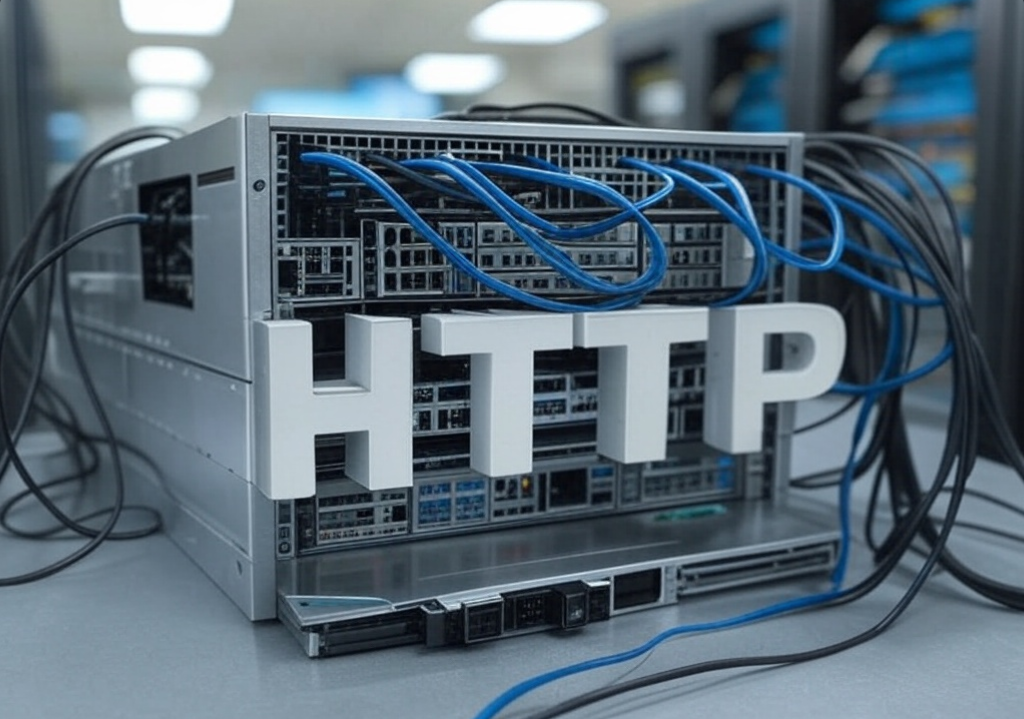In the digital age, the efficiency and anonymity of Internet access and data transmission have become the basic requirements of many network activities. As an important solution to this demand, HTTP proxy IP not only provides convenient access for network users, but also brings a series of advantages such as data capture and anonymous browsing. However, any technology has its two sides, and HTTP proxy IP is no exception. This article will explore the advantages and limitations of HTTP proxy IP in depth to help readers fully understand this technology so that they can make wise decisions in practical applications.

I. Advantages of HTTP proxy IP
1.1 Break through geographical restrictions and access global resources
One of the significant advantages of HTTP proxy IP is that it can break through geographical restrictions and allow users to easily access network resources around the world. For websites and services in certain countries or regions, due to copyright, policies or business strategies, they may only be open to local users. Through HTTP proxy, users can disguise themselves as visitors from the target country or region, thereby bypassing these restrictions and enjoying a wider range of information access channels.
1.2 Improve access speed and optimize network connection
In some cases, HTTP proxy IP can also improve the user's network access speed. For example, when the target server is located in an area with network congestion or high latency, by selecting a proxy server with a closer geographical location and better network conditions for transit, the data transmission time can be significantly reduced and the access efficiency can be improved.
1.3 Enhance anonymity and protect personal privacy
Anonymity is another highlight of HTTP proxy IP. By using a proxy server for request forwarding, the user's real IP address is hidden, thereby protecting personal privacy to a certain extent. This is especially important for network activities that need to keep a low profile or avoid being tracked.
1.4 Support data crawling and help crawler development
HTTP proxy IP is an indispensable tool for data scientists, market analysts, and crawler developers. Multi-IP access through a proxy server can bypass the access frequency limit of the target website and achieve large-scale data crawling. At the same time, the diversity of proxy IPs also helps to simulate real user behavior and improve the success rate and accuracy of data capture.
II. Limitations of HTTP proxy IPs
2.1 Stability and reliability issues
Although HTTP proxy IPs provide many conveniences, their stability and reliability are issues that cannot be ignored. Some proxy servers may cause service interruptions or performance degradation due to network fluctuations, hardware failures, or maintenance and upgrades, thereby affecting the user's network access experience.
2.2 Privacy leakage risk
Although HTTP proxy IPs can hide the user's real IP address, the proxy server itself has become a necessary path for data transmission. If the proxy server has security vulnerabilities or is controlled by malicious attackers, the user's network activities and data may be stolen or tampered with, thereby causing privacy leakage risks.
2.3 Access restrictions and filtering
In order to protect their own rights and interests or comply with laws and regulations, some websites and services will identify and restrict HTTP proxy IPs. This means that even if users access through proxy servers, they may encounter access restrictions or content filtering because the proxy IP is identified.
2.4 Cost Considerations
High-quality HTTP proxy IP services often require a certain fee. For individual users or small businesses, long-term purchase and use of proxy IPs may bring certain financial burdens. At the same time, the maintenance and management of proxy IPs also require additional time and effort.
III. How to choose a suitable HTTP proxy IP service
When choosing an HTTP proxy IP service, users should consider multiple factors, including the geographical location, stability, speed, anonymity, price of the proxy server, and the reputation and after-sales service of the service provider. In addition, users should also understand the types of proxy IPs (such as shared proxies, exclusive proxies, anonymous proxies, etc.) and usage scenarios (such as data crawling, web browsing, social media marketing, etc.) in order to choose the proxy IP service that best suits them.
IV. Conclusion
As an important tool for network access and data transmission, HTTP proxy IP has multiple advantages such as breaking through geographical restrictions, improving access speed, enhancing anonymity, and supporting data crawling. However, its limitations such as stability and reliability issues, privacy leakage risks, access restrictions, and cost considerations cannot be ignored. Therefore, when choosing and using HTTP proxy IP services, users should fully understand its advantages and limitations and make wise decisions based on their own needs. By making reasonable use of HTTP proxy IP technology, we can better enjoy the convenience and fun brought by the Internet.
Related Recommendations
- Can two proxy IPs be used on two computers?
- In-depth analysis of the differences between system agents and global agents
- Break through regional restrictions and enjoy stable independent IP addresses with exclusive proxy IP!
- What are the benefits of highly concurrent HTTP proxy IP?
- What industries need to use proxy IP
- The difference between tunnel HTTP proxy and forward HTTP proxy
- The difference between http proxy and socks5 proxy
- SEO optimization: The role of agent IP in keyword ranking
- What is short-acting IP used for? Which scenarios apply to
- In the development of the global Internet, what role does overseas dynamic and long-term ISPs play?

